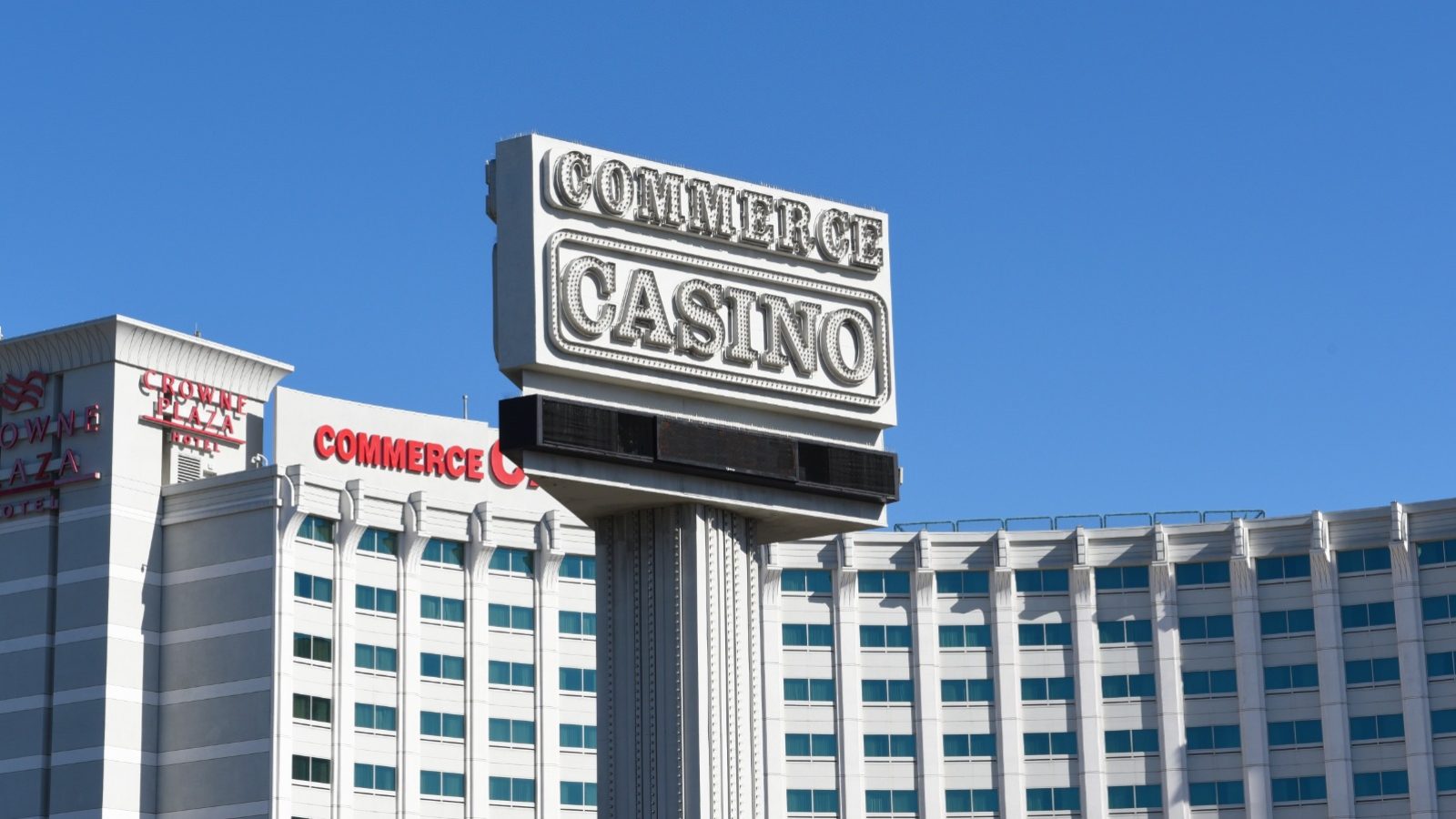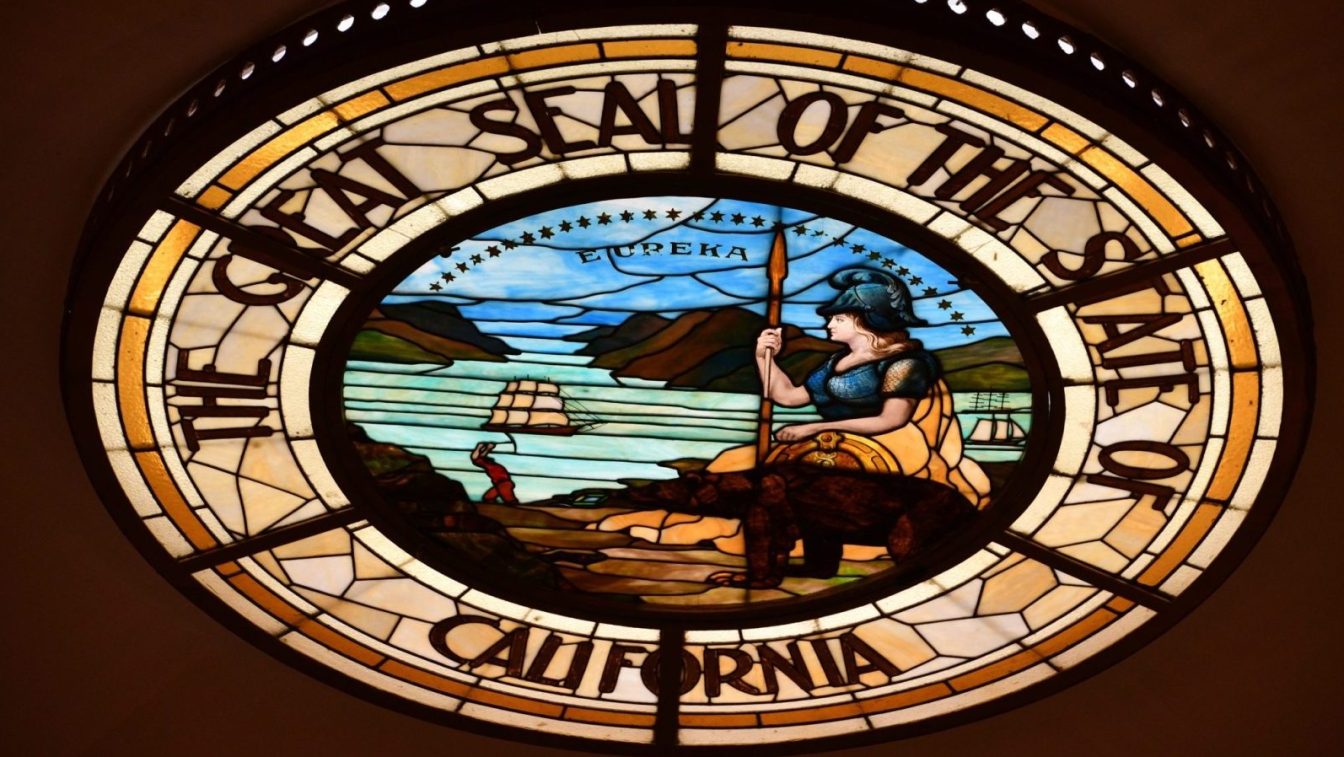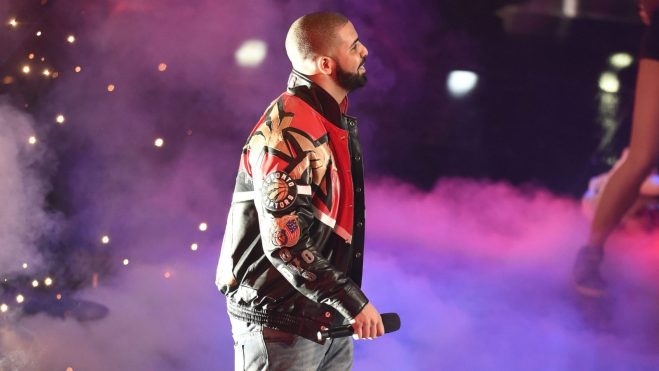Why California Politicians Are Afraid Of Tribes’ Fight With Cardrooms
In the battle between cardrooms and tribes, politicians find themselves in a no-win situation
10 min

The battle between tribal casinos and cardrooms is the epitome of a no-win proposition for California politicians.
This bitter feud, which may be coming to a head in a Sacramento County courtroom, pits two well-heeled interests in what both parties view as a zero-sum game.
On one side, you have the Golden State’s gaming tribes, economic forces in their communities that have long been influential and have only become more so in the wake of their overwhelming defeat of online sportsbooks in the 2022 state election over sports betting.
With their political power at arguably its zenith, California’s gaming tribes are looking to settle their long-running dispute with the cardrooms, who they see as illegally offering games like blackjack that they say should be their sole domain.
For the tribes, anything less than an absolute declaration that only they may offer banked games is not only an insult, but a veritable act of war. They view any infringement upon their reign over the California gaming market as an existential threat. That is not hyperbole in their minds.
On the other side, you have the cardrooms, generous political donors in their own rights that some cities in California rely upon for tax revenue to stay afloat. The cardrooms insist that the convoluted third-party proposition player or TPPP system they’ve developed legally allows them to offer popular and lucrative banked games in full compliance with state law.
The cardrooms credibly say their operations cannot survive without these popular banked games. If they’re taken away, the cardrooms maintain that they’ll quickly go out of business and bring down their communities with them.
[Also see: Op-Ed: California’s Communities Deserve A Voice In The Future Of Gaming]
Political careers at risk
Both sides are utterly convinced that taking an L in this fight is unacceptable. But neither seems to have been able to rally sustained, unequivocal support from state-level elected officials, perhaps due to the negative consequences of a defeat for the other party.
A loss for the tribes will enrage a potent political force that at a minimum would be tempted to fund candidates to take out any incumbent official who they view as having sided with or aided the cardrooms. Meanwhile, a loss for cardrooms could spell the economic downfall of several cities, not to mention the loss of a reliable source of easy campaign cash.
Either outcome could be devastating for political careers, if not for entire portions of California. Hence the apparent lack of political will for legislators or the governor to definitively throw their weight behind one side or the other.
The best either got was SB 549 by former state Sen. Josh Newman, which gave the gaming tribes special standing to file a civil lawsuit in Sacramento County Superior Court challenging the cardrooms and TPPPs’ practice of offering banked games.
But while that bill passed out of the legislature and was signed into law by Gov. Gavin Newsom in 2024, both the state’s legislative and executive branches completely avoided actually taking a position on the dispute.
Instead, they punted the conflict to the judiciary, making it the problem of Judge Lauri Damrell, who is now wrestling with the cardrooms’ argument that the federal Indian Gaming Regulatory Act (IGRA) preempts the case.
If Damrell ultimately decides the case is not appropriate for her jurisdiction, the conflict is likely to move to another venue. The tribes are gunning for a definitive resolution of this situation, which developed due to the separate legal and historical tracks cardrooms and tribal gaming took to become rival institutions in the Golden State.
Cardrooms date to Gold Rush
Cardrooms came first in California, a product in part of the Gold Rush era, when bored miners whiled away the time drinking and gambling. Early in the state’s legislative history, state lawmakers banned gaming halls from offering banked games where the house has a stake in action to prevent miners from getting hustled.
The result was the rise of cardrooms, where gamblers could congregate to wager against each other, frequently in poker, with the house essentially charging a fee to the participants.
This was the state of play in California the entire 20th century, with the only difference being that some modern cardrooms took on the same trappings, if not the same business model, as Las Vegas casinos. The Los Angeles area, in particular, became home to some extravagant venues.
Then, in the 1970s, Native American tribes started offering bingo games as a means to generate revenue. This sparked a series of legal battles over whether tribes could offer gaming independent of state regulation. That was settled in 1987 with the U.S. Supreme Court’s landmark decision on California v. Cabazon Band of Mission Indians, which affirmed tribal governments had the authority to run gaming operations outside of state oversight.
A year later in 1988, Congress approved IGRA, establishing the now-familiar three classes of gaming. But tribal gaming didn’t get a firm foothold in California until a dozen years later, when state voters in 2000 approved Proposition 1A, an amendment to the state constitution authorizing Native American tribes to run gaming operations on their lands.
Crucially, Proposition 1A gave tribal casinos the exclusive right to operate card games using house money in California. “Las Vegas-style,” “New Jersey-style” and “Nevada-style” casinos are prohibited in California, which means that Proposition 1A gave the tribes exclusivity to Class III gaming.
The advent of tribal gaming alone posed a threat to the cardrooms, who up until then were the only legal operators in the state. But it was particularly worrisome that the tribes could offer popular banked games like blackjack and baccarat that the cardrooms couldn’t.
That could have been the beginning of the end for cardrooms, but it’s generally agreed in California that their fortunes turned thanks to the actions of a single, unelected official in the state attorney general’s office.
The Lytle effect and TPPPs
In late-December 2007, Bob Lytle, then the director of the Division of Gambling Control, sent a letter to two lobbyists for the cardroom industry, laying out his interpretation of California law. Lytle basically said that if cardrooms offered every player at a blackjack table the chance to serve as the house for a hand or two, and so long as the cardrooms themselves never acted as the bank itself, it would be entirely legal for them to offer the banked game, regardless of Proposition 1A.
Lytle’s letter was hugely influential on the California cardroom industry, leading to the creation of the TPPP system used today to offer banked games in their facilities. TPPPs are state-licensed businesses that operate within cardrooms but are supposed to be their own, independent entities.
The convoluted, symbiotic cardroom-TPPP system balances upon Lytle’s view that banked games are OK so long as someone other than the cardroom acts as the house. The relationship typically works like this:
TPPP workers, who wear badges to distinguish themselves from cardroom employees, park themselves at banked games within the cardrooms. Every hand, the dealer, a cardroom employee, offers players the opportunity to serve as the house. Most cardroom players don’t have the funds to cover that kind of action and decline. But the TPPP workers are funded by their employers and stationed at the banked games specifically for that task.
The TPPP workers volunteer to cover the action over and over again and the cardrooms are allowed to offer banked games they otherwise couldn’t.
Under state law, TPPPs are supposed to be financially independent from the cardrooms in which they operate to avoid the cardrooms having a stake in wagering. Some cardroom owners, however, also have stakes in TPPPs. That’s within the law, so long as the TPPP operates in a different cardroom, not the one with a common owner.
This has led to a deep interconnection at the ownership level of cardrooms and TPPPs, a state of affairs that the tribes find at best questionable. But they are perhaps most concerned about a particular scenario that the California Gambling Control Commission, the licenser of cardrooms and TPPP, says is also legal.
The commission says it’s fine for a pair of independent owners of both a cardroom and a TPPP to operate their TPPPs within each other’s cardrooms. This was allowed for a brief time in March 2020, when the Commerce and Gardens casino cardrooms in the Los Angeles area “cross-banked” each other’s games through TPPPs that were owned by the other cardroom (or at least a part owner of the cardroom also owned a piece of the TPPP operating in the other cardroom).
Tribes suspicions well-founded
The tribes say that the fact this is allowed undercuts the argument that cardrooms are truly independent from TPPPs and that their elaborate scheme for working around Proposition 1A is nothing more than a sham.
The cardrooms argue that since state regulators have approved this system the tribes have no room to complain. But the tribes have a reason for doubting the legitimacy of California’s oversight of the cardrooms and it’s not insubstantial.
Ten days after Lytle wrote the letter the eventually led to the TPPP system, he quit the AG’s office, which regulates the games played at cardrooms, and went to work for the Garden City Casino cardroom, which later became the parent company of Casino M8trix in San Jose.
Lytle maintained close relationships with people both in the gaming control commission and AG’s office in his new role in the cardroom industry. In late 2014, he was formally accused of violating numerous state gaming regulations. Among other things, he was accused of ordering a reduction in oversight of Garden City before he left the state to go work for it, and of possibly compromising an investigation into Casino M8trix, where $119 million was suspected to have been diverted to avoid taxes.
To settle the case, Lytle agreed to a lifetime ban from California gambling activities, but not before it blew up into a full-blown scandal given his friends in state government. Among them were the then-chairman of the gambling control commission and a special agent in the AG’s office who Lytle allegedly solicited for confidential information.
It’s for this reason that the tribes are at best skeptical of California’s regulation of the cardrooms, and dismiss arguments that approval by the state means their operations are above board.
Bonta’s role
California’s current attorney general, Rob Bonta, has perhaps started to rebuild some trust with tribes by beginning a long process of promulgating new regulations for banked games in cardrooms and for the role TPPPs play in them. But they will at least wait to see what actually materializes before they’re ready to change their minds.
In an unrelated matter, Bonta recently released an opinion that daily fantasy sports is illegal in California, prompting the pick ‘em fantasy operators PrizePicks and Underdog to change the format of their games. That was a welcome development for the tribes, who had been complaining that pick ‘em fantasy was gambling by another name.
But the pick ‘em operators did that on their own. Bonta’s opinion isn’t law, and so far there has been no indication that Bonta will actually enforce his ruling. In fact, the two biggest daily fantasy operators, DraftKings and FanDuel, who were already on the tribes’ blacklist for attempting to bring sports gambling to California without their cooperation, haven’t changed their operations at all in California.
What’s more, Newsom, California’s governor, said he disagrees with Bonta, who notably seemed to downplay the daily fantasy ruling. Bonta released his opinion on July 3, one day before the Fourth of July holiday, with a terse press release that didn’t include include a quote from him.
In other words, the tribes would argue that they still very much have reasons to be skeptical about California’s gaming oversight.
Tribes’ legal standing still in question
That may explain in part why the tribes’ pending case against the cardrooms is so important to them: it represents an opportunity for the tribes to try to get reform on their own. The tribes attempted to sue cardrooms over banked games before, but they were dismissed over a lack of standing. Judges previously ruled that the tribes, as sovereign nations, weren’t eligible to sue in courts, yet another obstacle in what the tribes would say has been generations of obstacles.
That’s why SB 549 was necessary in the first place. Without it, the tribes couldn’t legally bring a case in court against the cardrooms.
Of course, that’s now in jeopardy given the judge’s initial indication that she agrees with the cardrooms’ stance that federal law preempts the case. Some have called that tentative ruling by Damrell a victory for the cardrooms or a defeat for the tribes. But setting aside that the ruling isn’t binding, any victory or defeat at this stage is not final.
As the tribes showed in 2022, when DraftKings, FanDuel, and other online sportsbooks tried to legalize sports betting in California, they will spare no expense to defend what they see as their turf. California’s tribes brought a ballot initiative intended for the 2020 ballot that would have legalized in-person sports betting at tribal casinos and horse racing tracks. The initiative signature-gathering process was delayed by Covid shutdowns, and the initiative landed on the 2022 ballot. Alongside it was a ballot initiative brought by commercial sportsbooks to legalize online sports betting.
About $460 million was raised for and against the measures in what was described then as the most expensive ballot campaign in U.S. history. In the end, both measures failed, but that didn’t matter to the tribes. The result has universally been interpreted as an unambiguous win for them, who by scuttling both measures showed they hold all cards in California gambling.
Current strategy: Kick can down road
So, there is no scenario in which the tribes will stop their pursuit of the cardrooms, who they see as sworn enemies for daring to offer banked games. They will appeal or lean heavily on anyone they can in the legislature or the governor’s office, or try anything else, to make it so that cardrooms can’t deal blackjack.
The cardrooms, on the other hand, say they cannot yield on bank games or else they’re finished, which in turn would bury cities like Bell Gardens, Commerce, Compton, and Hawaiian Gardens that depend on their cardrooms for revenue. You can be sure heads will roll in California if several municipalities file for bankruptcy at once.
Thus, choosing sides here is incredibly risky for California politicians. They don’t want to look like they’re against the tribes and they don’t want to be responsible for bankrupting cities. The only safe move has been kicking the can down the road.
But at some point, California politicians will be forced to throw in with one side or the other. When all the appeals are used up in this case or another one, whenever that may be, whoever comes out on the losing end is a virtual lock to make a last-ditch effort to change the law to protect their interests.
That would mean asking legislators and the governor to decisively support someone in this lengthy conflict. That day is coming, but it’s far enough away that for now sitting politicians can avoid committing, leaving it for a successor to deal with, someday in the future.






